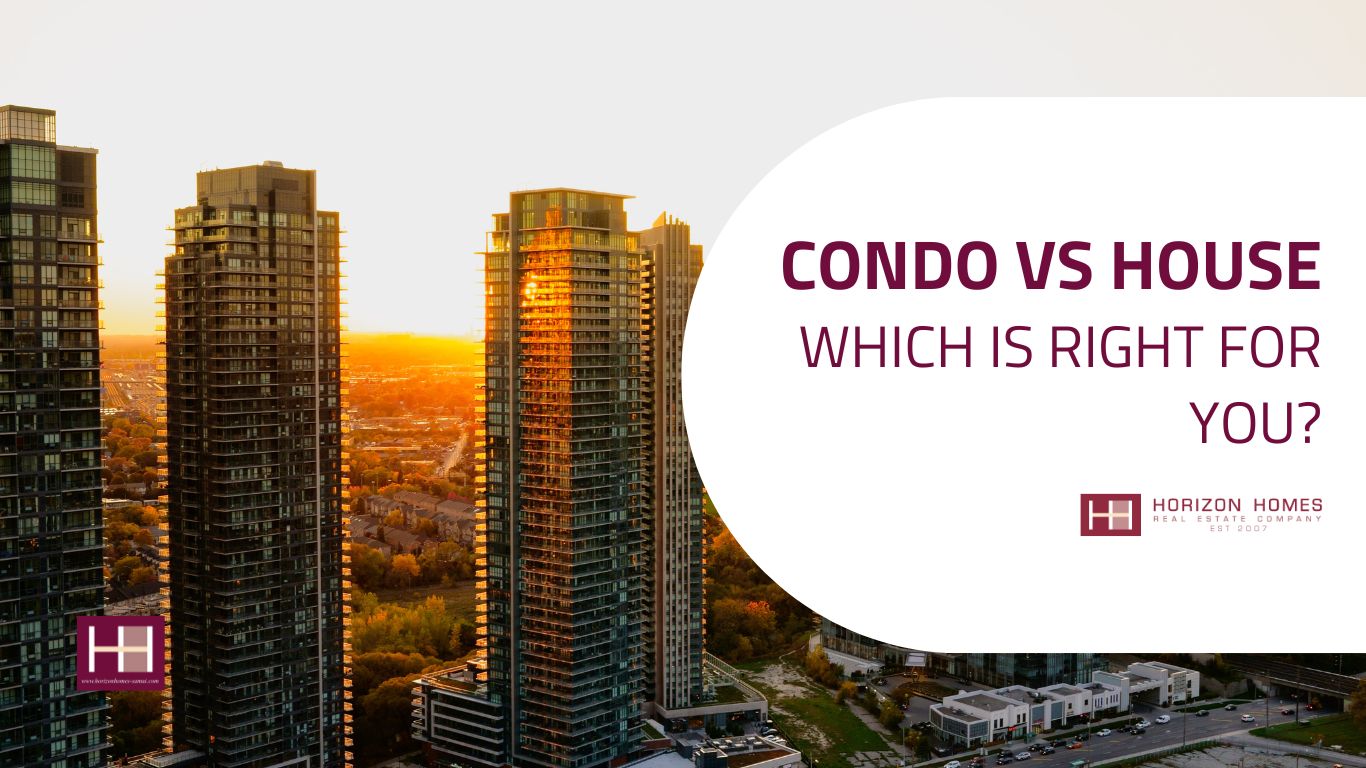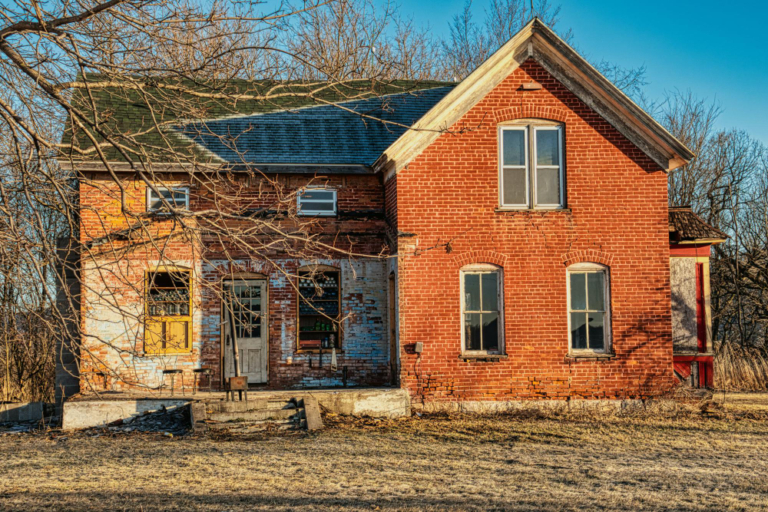Deciding between a condo and a house can feel like choosing between apples and oranges. So, which one’s right for you? Well, it all boils down to your lifestyle and long-term goals. Are you after the convenience of shared amenities, or do you crave the freedom of a standalone property?
First, we’ll look at cost comparisons—condos often come with lower price tags but don’t forget those pesky association fees. Then, there’s maintenance: condos offer less responsibility, while houses demand more elbow grease. And what about location and space? Condos usually sit in bustling areas, whereas houses might give you more room to breathe.
What Is a House?
A house offers residential solitude and space, standing independently with its own land. Houses often sit in suburban or rural settings, giving owners privacy and freedom to customize. You’re not only paying for the property but also handling maintenance—think property taxes, insurance, and yes, fixing that leaky roof.
But for many, these tasks feel rewarding and allow more personal expression. Houses typically provide more space, making them ideal for families or anyone craving room for gardens, garages, or future expansion.
What Is a Condo?
Condos are private units within larger buildings, where you own your space but share ownership of common areas like gyms, pools, and lounges with other residents. Buying a condo combines homeownership with community living, often in bustling urban areas where convenience is key.
Condos usually require fewer maintenance responsibilities, as the HOA handles exterior upkeep and amenities. This ease makes condos great for first-time buyers or downsizers. However, you’ll pay monthly HOA fees for these perks and abide by community rules, which can limit your ability to customize.
Differences Between Condos and Houses
- Ownership Structure: In a condo, you own only your unit and share common areas with neighbors, while a house grants you full ownership of the property and land. Condos are governed by an HOA, which maintains shared spaces but also imposes rules and fees. Houses, however, give you complete control, from landscaping to exterior paint choices, though you take on all maintenance duties.
- Security and Privacy: Condos often include amenities like keycard access and security staff, making them a safer choice for those seeking added protection. However, shared walls and communal spaces mean less privacy. Houses, on the other hand, offer more seclusion but leave security up to you—possibly with a good alarm system or even a watchdog.
- Space and Location: Condos are typically located in vibrant urban areas with access to city amenities but offer less living space. Houses, often found in suburban settings, come with larger yards and more room for customization, ideal for those valuing privacy and open space.
Pros and Cons of Buying a Condo
| Pros | Cons |
| Lower Purchase Price: Condos usually cost less upfront, making them a great entry point into homeownership. | Monthly HOA Fees: HOA fees can be a significant expense and tend to increase over time, covering maintenance, security, and amenities. |
| Minimal Maintenance: The HOA manages external maintenance, letting you enjoy your home without worrying about landscaping or roof repairs. | Less Freedom: HOA rules restrict changes to the unit’s exterior or shared spaces, which can feel limiting if you want to personalize your home. |
| Community Amenities: Condos often provide amenities like pools, gyms, and lounges, enhancing lifestyle without additional maintenance efforts. | Limited Space: Condos generally offer less square footage and limited outdoor space, which may not suit families or those needing more room. |
Pros and Cons of Buying a House
| Pros | Cons |
| Full Ownership and Control: You have complete autonomy over your property, allowing for unrestricted renovations and customization. | Higher Maintenance Responsibility: All upkeep, from the roof to the yard, is on you, which can be time-consuming and costly. |
| More Space: Houses usually come with larger interiors and outdoor areas, making them suitable for families and those who value extra room. | Higher Initial Costs: Houses typically require larger down payments, plus additional costs like property tax and insurance, adding to financial responsibility. |
| Investment Potential: Houses often appreciate well over time, especially in stable markets, providing long-term investment growth. | Less Built-in Security: Unlike condos with gated access, house security is your responsibility, which may involve additional investments in security systems. |
Cost of a Condo vs. House
Condos are generally more affordable initially, with smaller down payments. However, monthly HOA fees can add up quickly, covering maintenance and shared amenities.
Buying a house, on the other hand, comes with a higher upfront cost but offers freedom from HOA fees and more potential for appreciation due to land ownership. Houses also allow you to customize the property, which can enhance long-term value.
Maintenance of a Condo vs. House
Condos appeal to those seeking a low-maintenance lifestyle since HOA fees cover external repairs and landscaping. In contrast, houses require hands-on maintenance, from yard care to roof repairs.
While this may demand time and resources, it also gives homeowners freedom to design and personalize their property as they see fit.
Conclusion
When choosing between buying a condo or a house, weigh your lifestyle, maintenance preferences, and financial goals. If you prefer community amenities, lower upkeep, and urban living, a condo could be ideal. But if you value privacy, space, and long-term investment potential, a house may be the better fit.
If you’re ready to explore your options in Thailand’s property market, Horizon Homes is here to guide you through every step. With expertise in both condos and houses, Horizon Homes can help you find a property that perfectly aligns with your lifestyle and investment goals.




